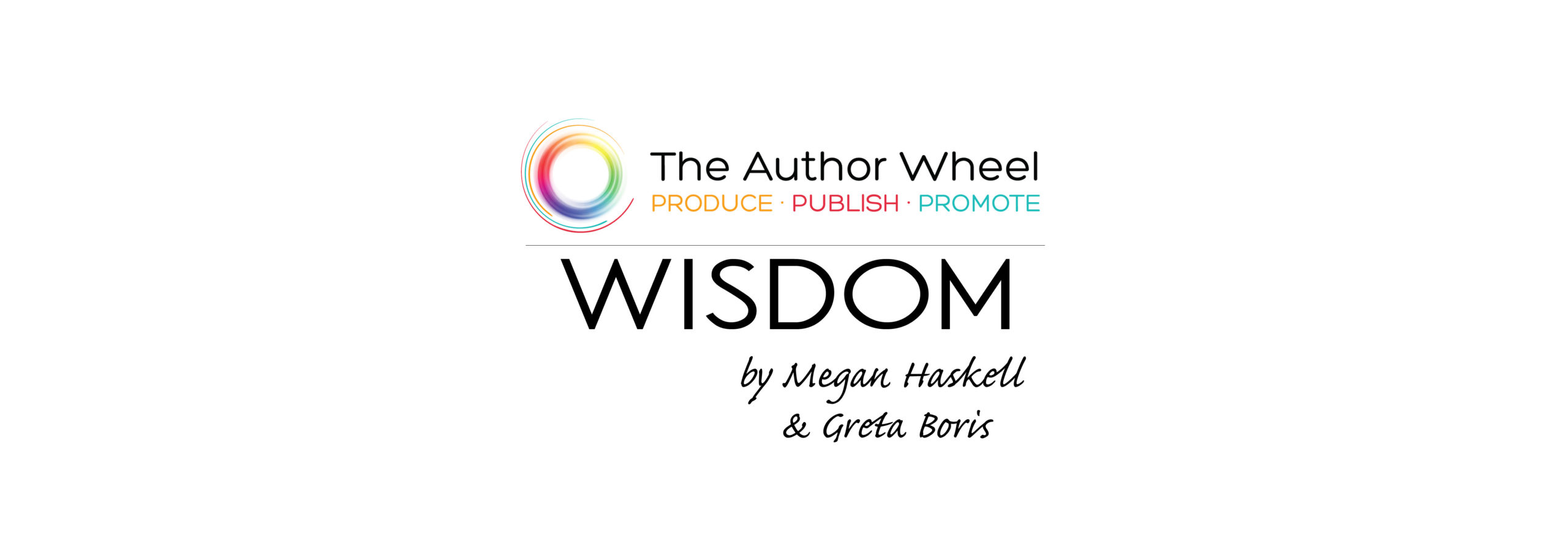By Greta Boris //
Time is money—you’ve heard that a few times, I’m sure. Well, never is it more true than in the writing world. Each book, each short story, each magazine article you write is a product. The more products you have to sell, generally the more money you’ll make.
Of course, this isn’t universally true. There are authors who hit it big with the first book and those who’ve written 50 That don’t sell. However, for most, the more you write the more you earn.
Productivity has many facets: self-discipline, avoiding distractions, setting aside a certain amount of time, and on and on. We’ll be touching on most of these topics, but in this post, I wanted to talk about a subject I’m currently fascinated with—flow.
Flow increases productivity
Flow is that state where all distractions fade into the background, your story comes to life in your mind, and it seems you’re simply recording what you’re seeing. When you’re in the flow, words fly from your fingers, and they’re actually good words. You laugh and cry with your characters.
Many of us have been there, and when we are, we often find we write much faster. Sometimes three or four times faster than our normal pace. It’s kind of magical.
Can we control flow?
Yes, and no. I recently signed up for a course with Chris Fox that’s based on his book 5,000 Words Per Hour: Write Better Faster. The first thing Fox talks about is setting up your zone, or your space. He says you can achieve flow through brain training.
When I was a runner, I had a set of rituals I performed before every race. I ate toast with peanut butter and honey an hour or more before the event. I tied my shoelaces a certain way. When I arrived at the track, I performed a certain set of warm-up exercises.
At the time, I believed I was doing these things for my body, that peanut butter and just-right shoelaces and warm-up exercises would give me an advantage. There was truth in that, but it was also true that I was mentally preparing myself for flow. I was sending signals to my brain to take me into a runner’s high. Sometimes it worked. Sometimes it didn’t.
How to set yourself up for flow
Mihaly Csikszentmihalyi, a Croatian psychologist, is best known for his study of the flow state. His book, Flow: The Psychology of Optimal Experience, popularized the concept. In brief, these are the things Csikszentmihalyi recommends for achieving this high productivity state.
Begin with a level of mastery
In other words, if you’re just starting out, it will be difficult or impossible to reach a flow state. If I’m still learning basic chords on guitar, I won’t be able to reach flow while performing a piece of music. It may not take Malcolm Gladwell’s 10,000 hours, but we do need a certain level of mastery in a craft to achieve flow.
Have a clear goal
Even if you’re a pantser or discovery writer, you’ll need defined parameters for the writing session. In a future post, we’ll talk about brain dumps and how helpful they are for writing faster. Another tool that can be helpful is our Fiction Plot Map.
Create as distraction-free an environment as possible
As Fox talks about in his course, setting up a place and a time can lead to a successful writing session. Not only are you eliminating distractions—turning off the internet, getting comfortable, having your water or coffee or whiskey at your elbow—but these things can be the signals we discussed earlier. Some people light scented candles, some put on certain types of music. Find what works for you.
Refuse to edit yourself or worry about failure
This is the most difficult part of the process for me. I’ve tried many tricks, but they all take a lot of self-discipline. Thus far, what works best is setting a timer and not allowing myself to edit, backspace, or rewrite until the timer goes off. I’ll talk more about Pomodoros, one method for doing this, in a future post. Meanwhile, I’ll be experimenting!
Enjoy the activity for its own sake
Again, sometimes easier said than done. Since I’ve been published, I tend to look at writing as “work” instead of play. I had a lot more fun with my stories before I had a contract. Again, I’ll be experimenting with this. I have tried reminding myself of how much fun I had in the early days and reminding myself that no one is going to read what I’ve written in its current state. I will be editing before any other eyes are on the work. I’m planning to try giving myself a pep talk on these kinds of topics before my writing sessions. I’ll report back.
Want more in this blog series? Visit https://authorwheel.com and take a free Author Personality Quiz while you’re there.

GRETA BORIS is the author of The 7 Deadly Sins. Ordinary women. Unexpected Evil. Taut psychological suspense that exposes the dark side of sunny Southern California. Her stories have been called atmospheric, twisty, and unputdownable. She lives in Mission Viejo and describes her work (and her life) as an O.C. housewife meets Dante’s Inferno. You can visit her at http://gretaboris.com.


Your article advice me a lot. Thank you for your tips and the information regarding the flow states it gives me another goal. By the way, you might like to look at this site https://www.cwilsonmeloncelli.com/flow-blog-2/ where it tackles more deeper about flow state and it really helps me. C Wilson Meloncelli really did good writing about the flow states as well as you.